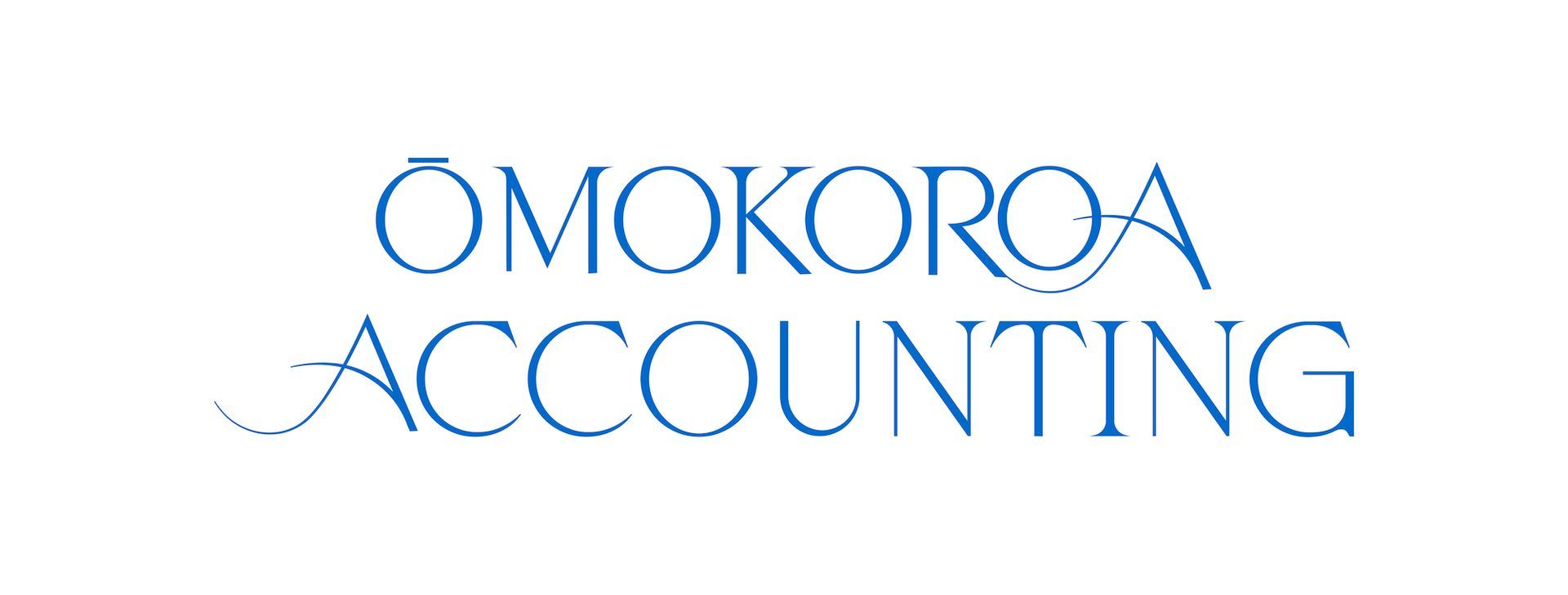Diane Gill • August 31, 2023
Record keeping. What should you be keeping?
Whether you’ve got them stored in a shoebox, paper file, on the hard drive of your computer, or in an electronic accounting system; as a business owner, you need to be keeping hold of your tax records.
You are required by the Inland Revenue to maintain records for a minimum of 7 years in case of an audit. It's important to keep track of various documents, such as:
- Invoices
- Receipts
- Wage books
- Petty cash records
- Banking statements
- Vehicle logbooks
- Asset registers and depreciation schedules
- Email communications related to business activities, especially those involving travel expenses.
Remember to retain duplicates of any materials you submit to the Inland Revenue. If you're registered for GST, ensure you have tax invoices for your expenditures to facilitate GST claims.
Need help understanding your obligations? Get in touch with the team at Ōmokoroa Accounting.
When it comes to managing your business finances, a few small habits can save you a lot of stress, money, and time. Here are some key tips accountants wish every client would follow.
Ensure you have set up a MyACC for Business account and that your details are correct online, so you’re not caught off guard when ACC calculates your levies.
Learn about the latest updates from ACC, including levy changes and adjustments to CoverPlus Extra.
The NZ Budget 2025 introduced the Investment Boost incentive and KiwiSaver changes that could affect your business.
Deciding whether to stay small or grow your business? Explore the pros, cons, and how a Quarterly Review can help you plan with confidence.
One of the most confusing tax types for our clients is Terminal Tax and Provisional Tax. So, what's the difference?
What are the key aspects you need to know to prepare for the financial year-end on 31 March? The end of the financial year is a good time to review your policies and procedures in preparation for the new tax year.
In 2023 the External Reporting Board (XRB) published updated accounting standards for Tier 3 and 4 registered charities.
If your charity’s financial year began on or after 1 April 2024, the Tier 3 (NFP) and Tier 4 (NFP) Standards are now in effect and you should be using or preparing to use these.


